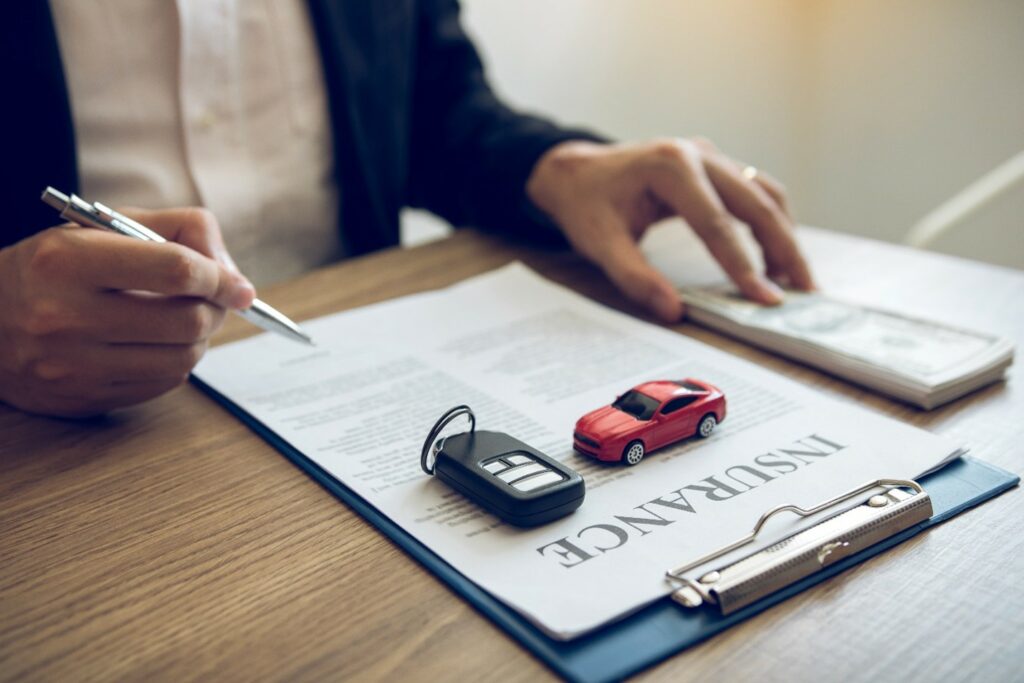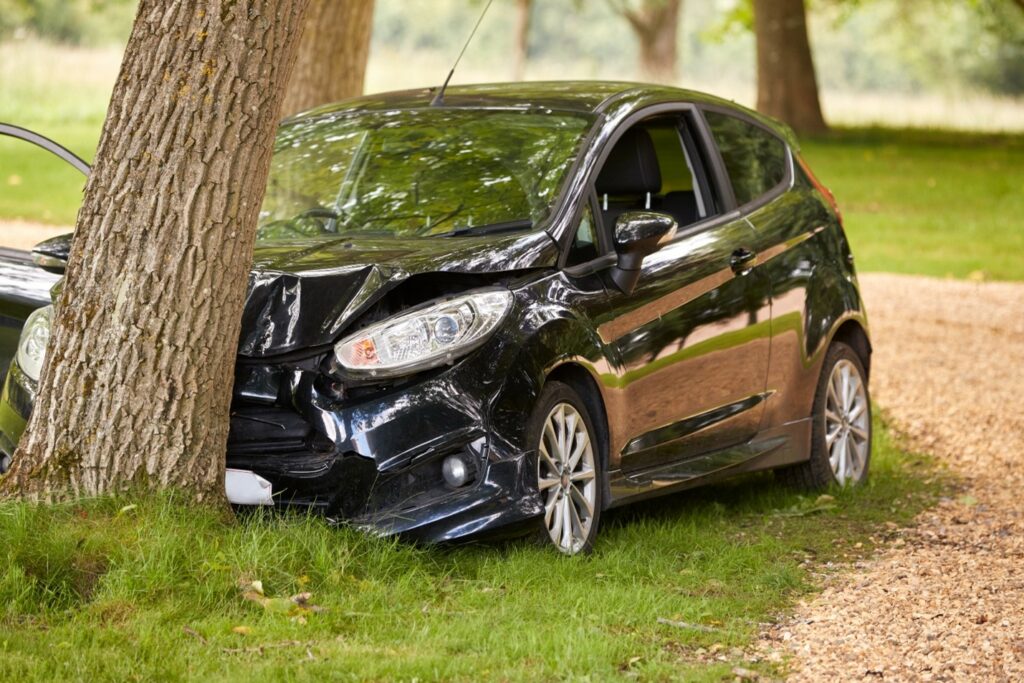Are you a first-time car buyer on the hunt for auto insurance? Protecting yourself and your valuable investment while driving is paramount. That’s why we’re here to provide you with a comprehensive guide on everything you need to know about auto insurance for first-time buyers. With our help, you’ll have the knowledge and confidence to make an informed decision and secure the right coverage to protect yourself on the road. So, don’t delay any longer – read on and take the first step towards safeguarding your ride!
Auto Insurance For First-Time Buyers
Auto insurance for first-time buyers is a contract between you and an insurance company that protects you financially if you get into an accident. As a first-time buyer, it’s important to understand the different types of coverage available and how they work.
In this article, we’ll explain the basics of auto insurance for first-time buyers, including the different types of coverage, factors that impact your premiums, and tips for choosing the right policy for your needs.

If you’re a first-time car owner, you might be wondering why auto insurance is necessary.
Types of Auto Insurance Coverage
Auto insurance policies typically include several different types of coverage. Let’s take a closer look at each of them:
1. Liability Coverage: This type of coverage pays for damages you cause to others in an accident. It includes bodily injury liability and property damage liability.
2. Collision Coverage: This coverage pays for damage to your own car in the event of collision with another vehicle or object.
3. Comprehensive Coverage: This coverage pays for damages to your car caused by something other than a collision, such as theft, vandalism, or weather-related incidents.
4. Personal Injury Protection: Also known as PIP, this coverage pays for medical expenses and lost wages for you and your passengers if you’re injured in an accident.
5. Uninsured/underinsured Motorist Coverage: This coverage protects you if you’re in an accident with someone who doesn’t have insurance or doesn’t have enough insurance to cover the damages.

Most auto insurance policies encompass multiple types of coverage.
Factors Affecting Auto Insurance Premiums
Several factors impact the cost of your auto insurance premiums, including:
1. Age and Gender: Younger drivers and males typically have higher premiums due to the higher risk of accidents.
2. Driving Record: Your driving record can impact your premiums. If you have a history of accidents or traffic violations, you may pay more for insurance.
3. Type of Car: The make, model, and year of your car can impact your premiums. Expensive cars typically have higher premiums.
4. Location: Where you live can impact your premiums. Areas with higher rates of accidents or thefts may have higher premiums.
5. Credit Score: Your credit score can also impact your premiums. People with lower credit scores may pay more for insurance.
Tips for Choosing the Right Auto Insurance Policy
Choosing the right auto insurance policy can be challenging, but these tips can help:
1. Shop around: Compare rates from different insurance companies to find the best deal.
2. Understand Your Coverage Needs: Consider your driving habits and your car’s value when choosing coverage.
3. Look for Discounts: Many insurance companies offer discounts for things like good driving habits, multiple policies, or safe driving courses.
4. Consider the Deductible: The deductible is the amount you’ll pay out of pocket before insurance kicks in. Choosing a higher deductible can lower your premiums.
5. Review your policy annually: Make sure your coverage still meets your needs and that you’re getting the best rate possible.
FAQs
1. Do I need auto insurance if I don’t own a car?
If you frequently drive a friend’s or family member’s car, you should consider purchasing non-owner auto insurance to protect yourself in case of an accident.
2. Can I use my personal auto insurance for a rental car?
Your personal auto insurance may cover rental cars, but it’s important to check your policy to be sure. Some policies have exclusions or limitations for rental cars, so it’s always a good idea to check with your insurance provider before renting a car.
3. What happens if I get into an accident and don’t have insurance?
If you cause an accident and don’t have insurance, you could be held liable for damages and medical expenses, which can be very costly. In some states, you may also face fines or other penalties for driving without insurance.

The risks of driving without insurance are just too high, and the consequences are simply not worth it.
4. Can I add someone else to my auto insurance policy?
Yes, you can add other drivers to your policy, but it’s important to consider how it may impact your premiums. Adding a high-risk driver, such as a teenager or someone with a history of accidents, may increase your rates.
Conclusion
Understanding auto insurance for first-time buyers is an essential part of owning a car. As a first-time buyer, it’s important to know the different types of coverage available, the factors that impact your premiums, and tips for choosing the right policy for your needs. By shopping around, understanding your coverage needs, and reviewing your policy annually, you can make informed decisions and protect yourself on the road. Remember, investing in auto insurance is an investment in your safety and financial security.











